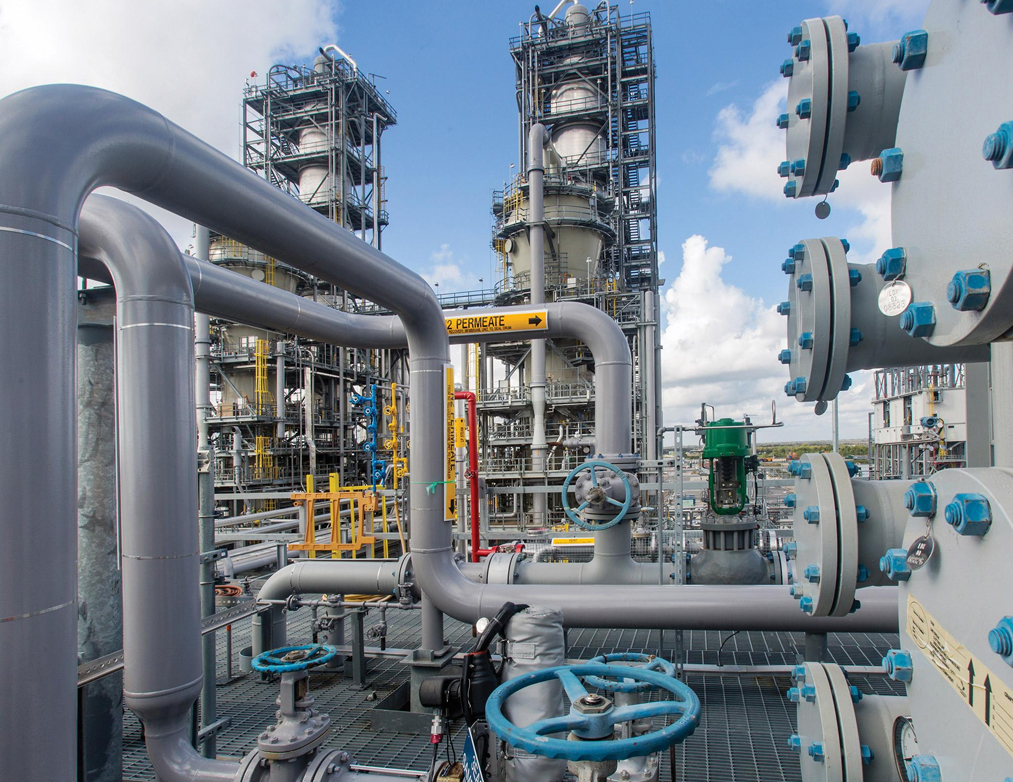Sindhi
- Afrikaans
- Albanian
- Amharic
- Arabic
- Armenian
- Azerbaijani
- Basque
- Belarusian
- Bengali
- Bosnian
- Bulgarian
- Catalan
- Cebuano
- Corsican
- Croatian
- Czech
- Danish
- Dutch
- English
- Esperanto
- Estonian
- Finnish
- French
- Frisian
- Galician
- Georgian
- German
- Greek
- Gujarati
- Haitian Creole
- hausa
- hawaiian
- Hebrew
- Hindi
- Miao
- Hungarian
- Icelandic
- igbo
- Indonesian
- irish
- Italian
- Japanese
- Javanese
- Kannada
- kazakh
- Khmer
- Rwandese
- Korean
- Kurdish
- Kyrgyz
- Lao
- Latin
- Latvian
- Lithuanian
- Luxembourgish
- Macedonian
- Malgashi
- Malay
- Malayalam
- Maltese
- Maori
- Marathi
- Mongolian
- Myanmar
- Nepali
- Norwegian
- Norwegian
- Occitan
- Pashto
- Persian
- Polish
- Portuguese
- Punjabi
- Romanian
- Russian
- Samoan
- Scottish Gaelic
- Serbian
- Sesotho
- Shona
- Sindhi
- Sinhala
- Slovak
- Slovenian
- Somali
- Spanish
- Sundanese
- Swahili
- Swedish
- Tagalog
- Tajik
- Tamil
- Tatar
- Telugu
- Thai
- Turkish
- Turkmen
- Ukrainian
- Urdu
- Uighur
- Uzbek
- Vietnamese
- Welsh
- Bantu
- Yiddish
- Yoruba
- Zulu
Telephone: +86 13120555503
Email: frank@cypump.com
Dec . 16, 2024 14:08 Back to list
manure slurry pump
Understanding Manure Slurry Pumps Essential Equipment for Agriculture
In modern agriculture, the efficient management of waste, particularly manure, is crucial for sustainable farming practices. Manure slurry pumps play a vital role in this process, as they enable the effective handling and transportation of liquid manure. This article aims to provide a comprehensive overview of manure slurry pumps, their operation, applications, and benefits.
What is a Manure Slurry Pump?
A manure slurry pump is a specialized piece of equipment designed to move liquid manure that contains solids, such as straw, sawdust, and small particles of feces. Unlike standard pumps, manure slurry pumps are engineered to handle the abrasive and viscous nature of manure slurry, ensuring that it can be transported from holding tanks to fields or storage facilities without clogging or damaging the pump.
Types of Manure Slurry Pumps
There are several types of manure slurry pumps that farmers and agricultural operations might consider
1. Centrifugal Pumps These pumps use rotational energy to move slurry. They are suitable for low to medium viscosity slurries and are commonly used for transferring manure to storage tanks or fields.
2. Positive Displacement Pumps This type includes diaphragm and progressive cavity pumps. These pumps create a fixed flow rate and can handle higher solids content, making them ideal for thicker slurry applications.
3. Submersible Pumps Designed to operate underwater, these pumps can directly transport manure from waste lagoons or pits to treatment systems or spreaders.
Choosing the right type of pump depends on various factors, including the consistency of the manure, the distance to be pumped, and the elevation change between the source and destination.
How Manure Slurry Pumps Work
Manure slurry pumps operate by creating a pressure differential that moves the slurry through the piping system. When the pump is activated, it generates suction that pulls the slurry into the pump body. Once inside, the mechanism (be it centrifugal or positive displacement) moves the slurry through the outlet pipe to the desired location.
manure slurry pump

Regular maintenance is important for the longevity and efficiency of these pumps. This includes checking for wear and tear on the impeller or diaphragm, ensuring seals are intact, and cleaning any blockages that may accumulate.
Applications of Manure Slurry Pumps
Manure slurry pumps are widely used in various agricultural applications
1. Land Application Farmers use slurry pumps to apply liquid manure to fields, enhancing soil fertility and improving crop yields. This practice recycles nutrients, reducing the need for chemical fertilizers.
2. Storage Management In large operations, these pumps are critical for transferring manure from collection pits to storage tanks, ensuring that waste is properly managed and stored until applications or treatment.
3. Composting Operations Slurry pumps facilitate the movement of manure slurry to composting systems, where it can be transformed into high-quality organic fertilizer.
4. Wastewater Treatment In integrated farming systems, slurry pumps are used in the treatment of manure to minimize environmental impacts, making the resulting effluent safe for reuse in irrigation or released into natural water bodies.
Benefits of Using Manure Slurry Pumps
Investing in manure slurry pumps offers several advantages for farmers
- Efficiency These pumps drastically reduce the time and labor involved in handling manure, allowing farmers to focus on more productive tasks. - Cost-Effective By enhancing the application of nutrients, farmers can reduce fertilizer costs, leading to long-term savings. - Environmental Sustainability Proper manure management minimizes odors, reduces greenhouse gas emissions, and prevents nutrient runoff into waterways, promoting ecological health.
Conclusion
In summary, manure slurry pumps are essential tools in modern agricultural practices, enabling efficient and sustainable management of manure. By understanding the types, operations, and applications of these pumps, farmers can make informed decisions that benefit not only their operations but also the environment as a whole. As agriculture continues to evolve, investing in technology like manure slurry pumps will be crucial for the future of sustainable farming.
-
Custom Drilling Mud and Slurry Pump Supplier - High Efficiency, Tailored Solutions
NewsJun.10,2025
-
Supply Vertical Submersible Sewage Pump High-Efficiency WQ/QW Pumps Supplier
NewsJun.10,2025
-
Premium Sewage Ejection System & Pumps Efficient Waste Removal
NewsJun.09,2025
-
Premium Wholesale Slurry Pump Impellers Durable & Efficient Slurry Handling
NewsJun.09,2025
-
Top Sewage Pump Companies Durable Industrial Solutions for Efficiency
NewsJun.09,2025
-
Heavy Duty Slurry Pumps - OEM High Performance & Bulk Wholesale
NewsJun.09,2025










